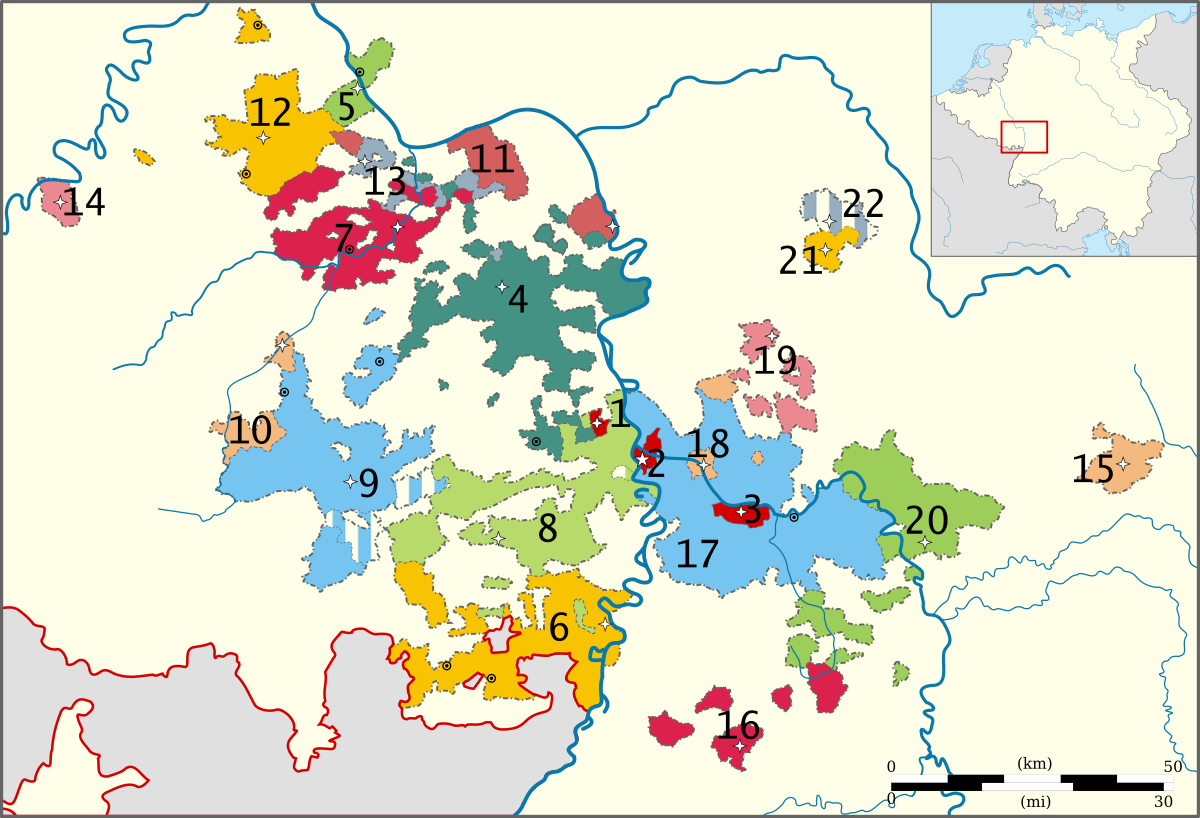Hallo, der Nachname meiner Familie ist Noah, der Name wurde frueher aber oefter als Noe geschrieben. Meine Familie war vermutlich mitten im 18ten Jahrhundert (rund 1740-1750 oder so) nach Amerika ausgewandert und da gab es viele Namensvarianten wie Noye, Noey, Nowey, Noay, Noweh, und letztens Noah.
Manche Forscher/innen behaupten, unser Name haette urspruenglich Neu sein koennen weil Neu fast genau wie Noe ausgeprochen ist, aber zugegebenermassen weiss ich nicht ob solche Namen verwechselt sein koennten.
Ich freue mich auf irgendwelche Tipps! Danke im Voraus!
Manche Forscher/innen behaupten, unser Name haette urspruenglich Neu sein koennen weil Neu fast genau wie Noe ausgeprochen ist, aber zugegebenermassen weiss ich nicht ob solche Namen verwechselt sein koennten.
Ich freue mich auf irgendwelche Tipps! Danke im Voraus!


